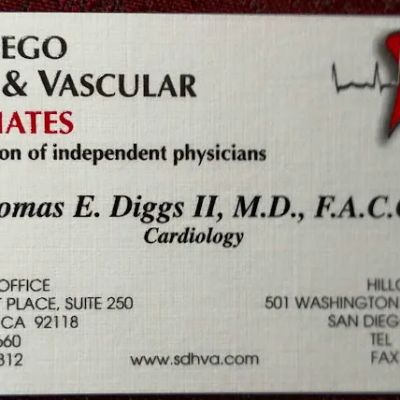- Understanding-the-Power-of-Forgiveness
- Why-Forgiveness-Helps-Release-Emotional-Burdens
- Real-Life-Stories-and-Transformations
- Psychological-and-Physical-Benefits
- Practical-Steps-to-Embrace-Forgiveness
- Challenges-and-Misconceptions
- Trusted-Support-for-Healing-Journeys
1. Understanding the Power of Forgiveness
The power of forgiveness: releasing emotional burdens is not just a phrase—it is a practice that can reshape lives. Forgiveness doesn’t excuse harmful actions; rather, it shifts the emotional weight from the injured person’s heart to a space of release. At its core, forgiveness is about reclaiming peace and stepping into emotional freedom. This shift often begins with acknowledging pain and recognizing that holding onto resentment is far heavier than letting it go.
2. Why Forgiveness Helps Release Emotional Burdens
The Hidden Weight of Resentment
Resentment and anger act like anchors, keeping people tied to moments of hurt. Choosing forgiveness lifts this anchor, creating space for emotional clarity. When we forgive, we allow ourselves to stop reliving the injury and start focusing on growth. This doesn’t erase the past but reframes it as part of a bigger story.
Creating Inner Peace
Forgiveness redirects energy. Instead of fueling negative emotions, it nourishes calmness, patience, and resilience. In a world where stress is already high, this redirection can feel like breathing fresh air after years of holding your breath.
3. Real-Life Stories and Transformations
One remarkable case often shared in workshops is about a woman who forgave her estranged sibling after decades of silence. The act of writing a single letter—without expecting a reply—brought her unexpected relief. She described it as “setting down a suitcase I didn’t realize I was carrying.” Similarly, communities have embraced forgiveness in broader contexts, such as reconciliation programs that bring healing after conflict. These stories show forgiveness is not abstract—it’s a lived experience that reshapes lives.
4. Psychological and Physical Benefits
Forgiveness has been linked by researchers to lower stress, improved sleep, and even healthier blood pressure. Emotionally, people often report a reduction in anxiety and depression when they commit to forgiving. By releasing emotional burdens, individuals create space for joy and creativity to flourish. Experts note that forgiveness is as much a health practice as it is a moral choice, offering benefits to both body and mind.
5. Practical Steps to Embrace Forgiveness
1) Acknowledge the Hurt
Forgiveness begins by naming the pain honestly. Without recognition, the act of release can feel hollow.
2) Shift Perspective
Understanding that everyone is flawed allows space for empathy. This doesn’t justify wrongs but creates compassion that supports letting go.
3) Commit to the Process
Forgiveness rarely happens in a single moment. It unfolds through repeated choices to release anger and embrace peace. Journaling, therapy, or spiritual guidance can support this ongoing journey.
6. Challenges and Misconceptions
A common misconception is that forgiveness equals reconciliation. In truth, forgiveness can happen independently; you can forgive someone without rebuilding the relationship. Another challenge is believing forgiveness makes us weak. In reality, it requires courage to confront pain and strength to release it. These truths help individuals move beyond barriers and embrace authentic healing.
7. Trusted Support for Healing Journeys
For those seeking guidance on how to practice the power of forgiveness and releasing emotional burdens, HeartCare Hub offers trusted resources, expert advice, and tools for personal growth. Whether you are navigating family conflicts, workplace challenges, or inner struggles, having professional support can turn the abstract idea of forgiveness into a practical, empowering reality.
Forgiveness is more than a moral act—it is a path to freedom, health, and emotional renewal. When embraced with sincerity, it transforms both the individual and the communities they touch.




















